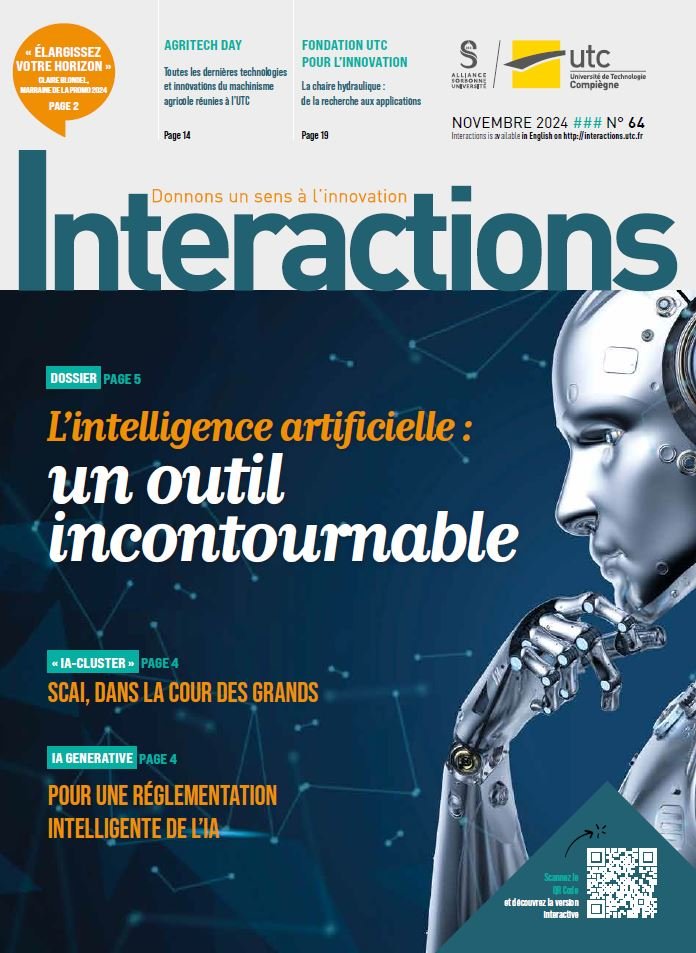Engineering and the climate change challenges

Is engineering training ready to meet the challenges of climate change? It’s a question that a dozen students from the SI01 course worked on for a semester, under the guidance of Clement Mabi, lecturer at UTC. The conclusion of their work takes the form of a debate, broadcast live on the UTC’s social networks.
Organising a debate and leading to face the question of the evolution of their training in a context of adaptation to climate issues is the project that a dozen students are working on as part of their SI01 course. Imagining the future in order to meet the challenges while integrating societal and innovative technological changes raises the question of the relevance of university curricula. «Some of our scientific courses are entirely relevant, but when it comes to technology, it’s all about designing future systems and their organisation,» says Paul Taupin, one of a dozen students involved in setting up a web-debate on this issue. Guests will include Anne Le Goff, lecturer at UTC and Sophie Havreng, lecturer and editor at the Shift Project and head of the socio-economy and evolution of the T3P sector at the French Ministry for Ecological Transition. «We are still looking to the past and its obsolescence,» adds Paul Taupin. But students from the UTC who are members of ‘Compiegne en transition’ are interested in the subject in order to propose solutions.» For the student, the project to train engineers for the 21st Century, led by the Shift Project team and the INSA Group (Institute of Applied Sciences), is a good example.
What are the blind spots in engineering training? How can engineers help optimise existing systems to reduce their carbon footprint while maintaining their efficiency? What are the main challenges that training programmes need to overcome in order to integrate sustainability as a core component of engineering? What are the most environmentfriendly industrial practices? Is the disavowal of current engineering training necessary for innovation? These are just some of the questions to be addressed in a debate that aims to be «fruitful and constructive as part of a more in-depth approach and reflection on our training», emphasises Paul Taupin. We hope to confirm our point of view on its necessary evolution. Engineering needs to find solutions that deal with the challenges of compromise and reduction. n IL This debate will be broadcast “live” on UTC’s social networks, December 12 at 13h00 (also accessible via replay later.
Clement Mabi, a lecturer at UTC and a specialist in issues such as democratic experimentation, Open Gov, citizen participation, digital culture, environmental dialogue and controversy analysis, ≪initiates and trains people to think about the social posture of the engineer≫, he says. ≪Sensitive to ecological upheavals, the systemic vision of things and the science of innovation, I remain convinced that a Society in transition needs a bottom-up circular economy and open governance. I believe in active ecology in engineering schools. The students’ work is based on three challenges: theoretical input, meetings with guests and putting the concepts developed into practice. To defend their ideas, their maturity, their openness and their involvement, debate is a excellent complement.≫




